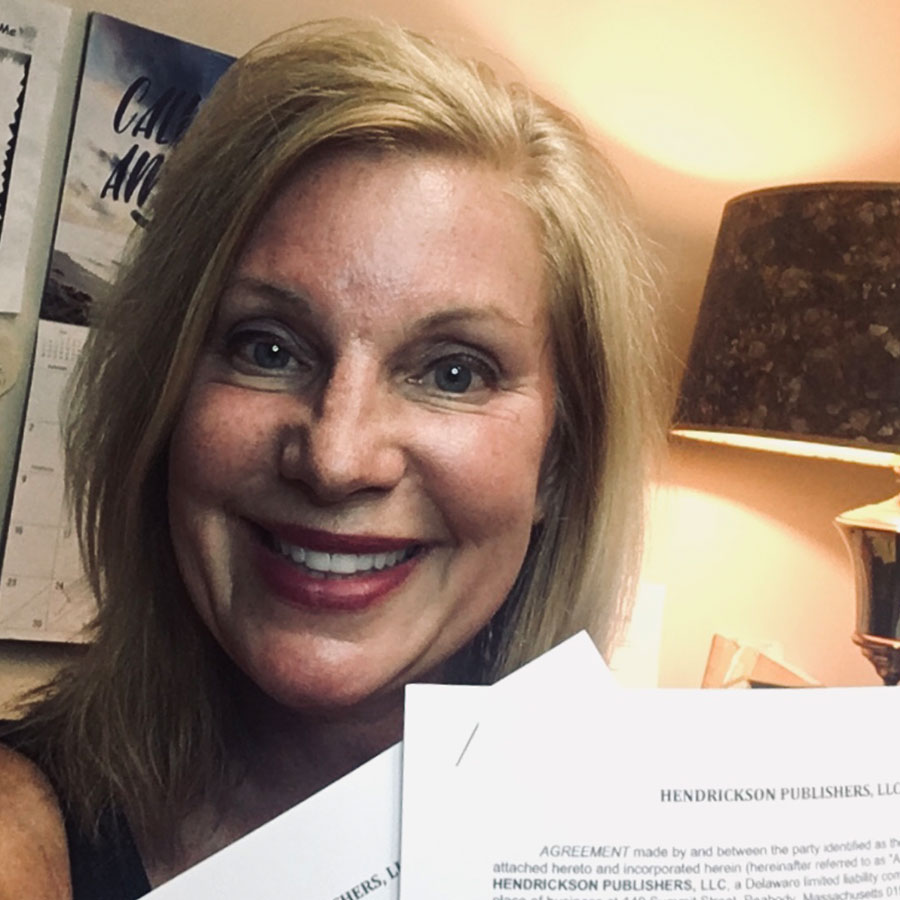
Set your mind on things that are above, not on things that are on earth. For you have died, and your life is hidden with Christ in God.
A frame is what you put around a picture to give it perspective.
Dr. Dick Tibbits
What is your frame? Large or small? Interesting concept isn’t it? Ever considered that how we view another’s offense(s) toward us is like a picture frame? When we feel hurt (justified or not), we frame the experience within our hearts and minds. Then, we’re likely to recall it, run the event over in our minds, sometimes complete with hand wringing and all. Sadly, the more we focus on the painful interchange, the more out of balance and skewed it becomes. The color goes blurry, we forget how much we formerly appreciated the picture, how it often brought us pleasure and comfort. If we’ve spent an overt amount of time and mental energy replaying the misdeed, we may grow so weary of its commanding position in our lives that we contemplate discarding it altogether come next garbage collection day.
See The Big Picture
Dr. Dick Tibbits, author of Forgive to Live, says this, “A small frame focuses your attention on a very specific aspect of the total picture, while a larger frame allows you to see a much more comprehensive scene.” In other words, when someone injures us, the size (big or small) doesn’t seem to make one whit of difference, we tend to blow it out of proportion. We feel wounded. We feel betrayed. We feel misunderstood. We feel wronged. Perhaps even justly so. Yet according to Tibbits, it really doesn’t matter what another does to us, it’s our response that counts.
Reframing Life Interactions
How we choose to frame pictures (our life interactions) will determine the story it tells. When we select a small frame, we decide to “narrow our perspective.” Contra wise, when we opt for a large frame, we get a “bigger perspective.” So what’s the advantage of making a deliberate choice to reframe our hurts by enlarging our story? Tibbits believes that as men and women choose rightly to be big-picture people, they are better able to handle life’s unfairness and injustices for one simple reason, their life’s frame is so large that no single event can “ruin” their lives.
Trust God To Be In The Bigger Picture
Rather, the more expansive the frame of reference the more able individuals are to see the negative encounter through a larger lens that tells them, this isn’t the final page of my life story. Somehow, simply making this one choice, people become victors instead of hapless victims. And since we all know that ill wind (and negative people encounters) rains on both the good and bad, preparing ahead of time is prudent and wise.
Dr. Tibbits Reframing Tips
- Focus on what is true from both points of view.
- Develop empathy for the one who hurt you.
- Identify the wrongs you have committed that need forgiving.
- Revise your story so it more accurately reflects all points of view.
- Imagine your desired outcome and make adjustments toward that end.
- Realize that forgiveness takes time; almost never is it a one-time event.

















